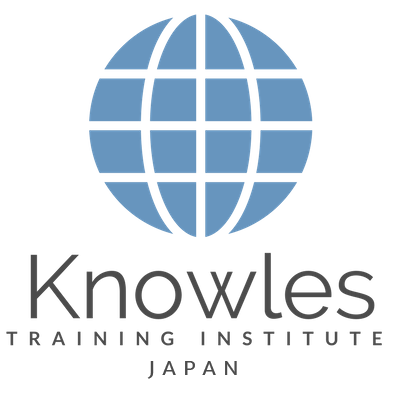Skip to content
Active RecallIntern1bksiuevej76kHhK2023-07-18T10:53:43+08:00
Active Recall
Mastering Active Recall: Strategies for Optimal Learning and Retention
- Self-Testing Effect: Active recall harnesses the self-testing effect. By engaging in frequent self-testing during retrieval practice, learners strengthen their memory traces and improve long-term retention compared to passive reviewing alone.
- Retrieval-Induced Forgetting: Active recall mitigates retrieval-induced forgetting. By actively recalling related information, learners reduce the interference that can occur between similar memories, allowing for better access to the targeted information.
- Metamemory Strategies: Active recall supports the development of effective metamemory strategies. By engaging in regular retrieval practice, learners gain insight into their own memory strengths and weaknesses, enabling them to employ specific strategies such as mnemonic devices or spaced repetition.
- Meaningful Learning: Active memory encourages fulfilling learning experiences. By actively retrieving information and connecting it to prior knowledge, learners create meaningful associations and enhance comprehension, leading to deeper understanding and improved memory retention.
- Schematic Organization: Active recall facilitates schematic organization of knowledge. By actively retrieving information and structuring it into meaningful frameworks or mental models, learners create a cohesive structure that aids in memory retrieval and knowledge application.
- Self-Directed Learning: Active recall empowers self-directed learning. By engaging in retrieval practice independently, learners take ownership of their learning process, set goals, and adapt their study strategies to suit their individual needs.
- Retrieval Practice Variations: Active recall can be varied in terms of format and context. By incorporating different types of questions, formats (e.g., multiple-choice, fill in the blanks), or situational contexts into retrieval practice, learners enhance their ability to retrieve information in diverse situations.
- Metacognitive Control of Retrieval Difficulty: Active recall enables learners to regulate the level of challenge. By consciously adjusting the difficulty during retrieval practice, individuals can find the sweet spot between overly simplistic tasks (leading to shallow processing) and excessively demanding tasks (causing frustration), ultimately maximizing the effectiveness of the learning process.
- Consolidation of Learning: Active recall aids in the consolidation of learning. By engaging in retrieval practice after initial learning, learners reactivate and reinforce memory traces, promoting the transfer of information from short-term to long-term memory storage.
- Elaborative Interrogation: Active recall incorporates elaborative interrogation. By asking “why” or “how” questions during retrieval practice, learners actively seek connections and explanations, promoting deeper understanding and better retention of information.
Page load link

